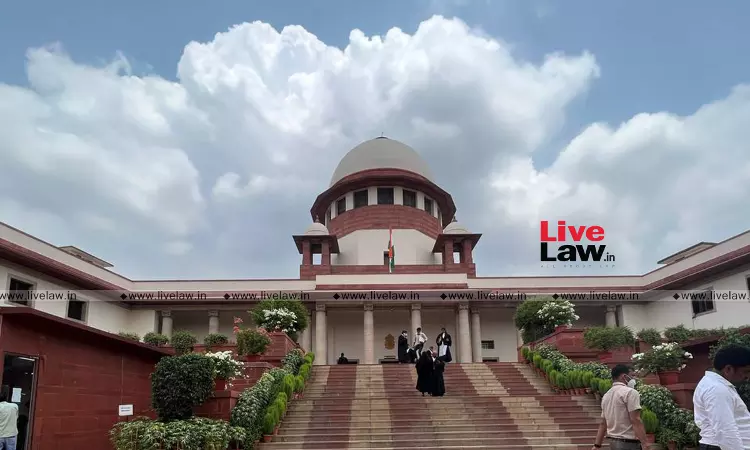Next Story
2 July 2023 9:21 AM IST
The Supreme Court of India is set to reopen on Monday, after its six-week-long summer break that commenced on May 22. Here are the major things to expect when the top court reopens:Appointment of As Many As Five New Judges With three judges retiring during the vacation, and two judges just before it, the working strength of the top court has fallen to 31 – against the sanctioned strength of...

